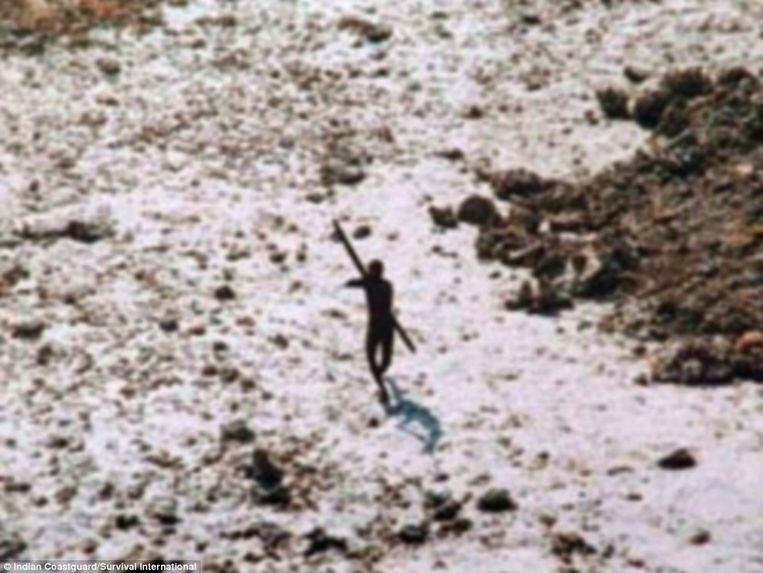Anthropologist survived encounter with tribe who killed American: “chau made a big mistake”
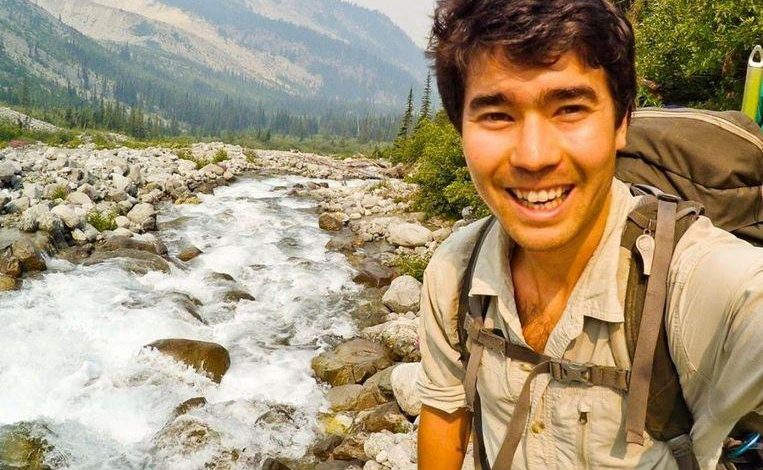
John Chau wanted to convert the inhabitants of the island of North Sentinel to Christianity. But that went wrong. Anthropologist Triloknath Pandit knows the isolated trunk like no other. He explains why the American missionary found death.
“I do not want to die,” Chau wrote in his diary after a first meeting with the inhabitants of the remote island in the Bay of Bengal had proved unsuccessful. They chased him with an arrow that knocked on the Bible he carried. Then the man could escape in haste, but he decided to go back later. He would not survive. On November 16, the American was killed by bow and arrow by the islanders after he had tried to make contact a second time.
The Indian police are now trying to recuperate the remains of the missionary, but that is no easy matter. A first attempt had to be stopped after a team approached the island by boat to 400 meters and binoculars saw how members of the tribe armed with bow and arrow kept an eye on the officers.
Pandit
The police are working with anthropologists, including the Indian Triloknath Pandit, how to tackle it further. As early as 1967, Pandit led an expedition to North Sentinel. When the scientists first set foot ashore, they immediately walked into the jungle, but did not encounter the tribe – although they were certain that the islanders were watching them. They discovered a settlement of about 18 huts. They found arrows, bows and spears.
More expeditions would follow after that, but entering the island was no longer possible. The tribesmen were already very hostile when they tried to approach the island. “Only on our first visit did we walk around the island”, explains Pandit. “We took their warning signs seriously.”
On each expedition they had gifts such as coconuts, metal objects and live pigs that they left on the beach. From a safe distance they observed the reactions of the islanders. They always responded dismissively.
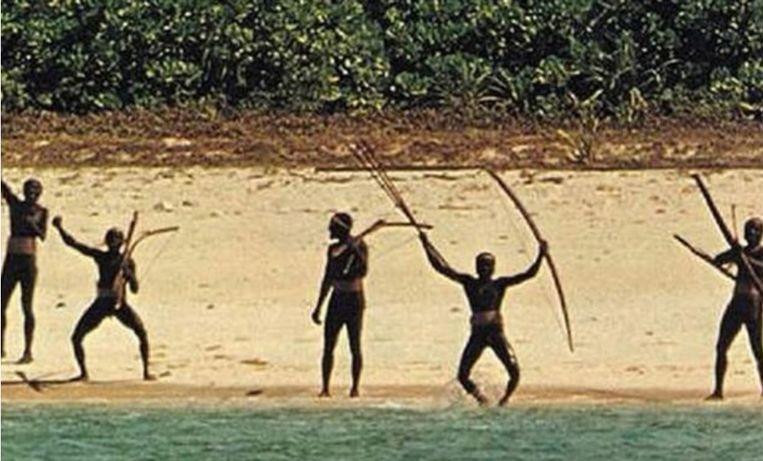
“We did not understand their language, but it was only too clear that they did not want us on their island,” explains the anthropologist. He always listened to them, respected their will, and that was what Chau should have done. “He provoked them after they made it clear that he was not welcome,” said the 84-year-old Pandit.
Succeeded
In all those years the man succeeded only once in really getting close to the tribe members themselves. That was in 1991. Then some of the tribes ventured into the water and walked to the expedition boat to receive the coconuts that the researchers had brought with them. Why they did that, Pandit does not know. But a boy with a knife made it clear that he certainly should not come to the beach.
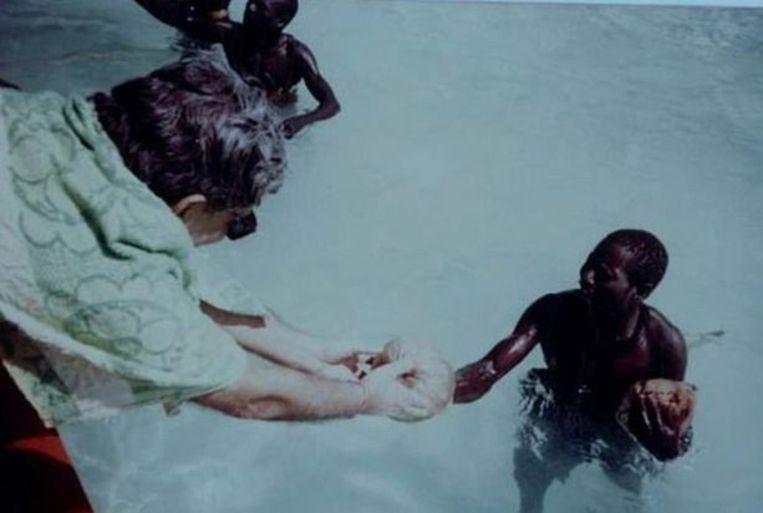
In an interview with the BBC, the anthropologist says that the islanders threatened the visitors, but that it never escalated: “It makes me sad that the young man had to die.” At the same time, he emphasizes: “But he made a mistake.” Chau had according to Pandit ample opportunity to secure himself, but he did not want to know any districts and paid that intransigence with his life.
“The tribe members always give enough warning signals,” says the man about it. “Outsiders must respect that and immediately return to their steps.”
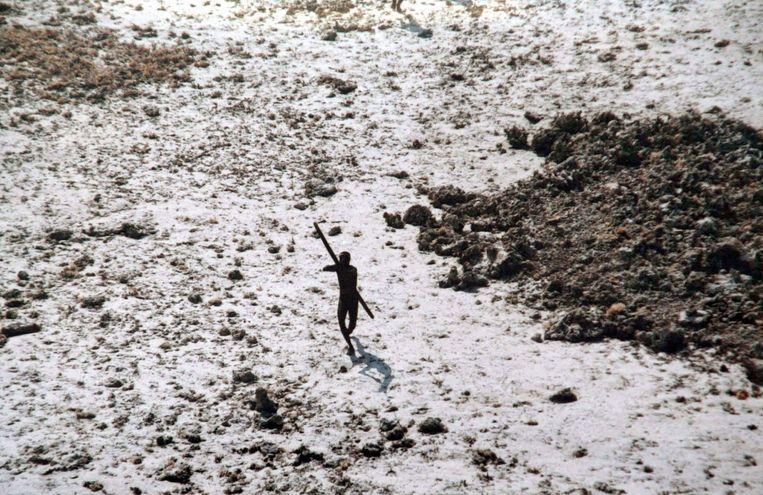
Although the young American missionary was murdered, the anthropologist does not want to label the residents as murderous. “We are the intruders,” he says. “It is still us who want to enter their territory. We must respect their wish not to be disturbed.”
Meanwhile, a visit to the island is forbidden. The Indian authorities are trying to ensure that the Sentinelese are left alone.


